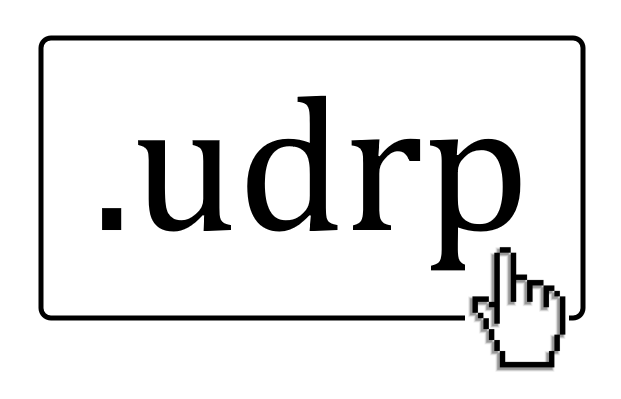
This article looks at some recent UDRP decisions that ruled against parties trying to sell domain names to rights holders via unsolicited email.
Often, our clients contact the team at brandsec about being approached by unknown third parties who are attempting to sell domain names that contain their IP. Often, they are domain names in lesser-known spaces but do have the potential to cause brand confusion.
A recent UDRP case addressed the issue and the World Intellectual Property Organization ordered that Magna.co be transferred to Magna International Inc., a company that uses Magna.com.
Magna is a dictionary word and the name of a town. Given its generic nature, a registrant could fairly register it in good faith and in normal circumstances, Magna International Inc would not have been successful in their complaint. But when a third party attempts to sell the domain name it is much easier to provide bad faith.
As reported in Domain Wire, the owner of Magna.co sent a LinkedIn message to someone at Magna International in August 2020:
I own Magna.co domain name and I am reaching out to few companies to explore a possible sale of the domain name.
When I setup [sic] the email address for magna.co to contact potential end users, I started receiving business emails concerning your company (check attachment).
Would you be interested in owning this domain name to protect your business information and brand
Magna International rejected the offer. The Respondent then apparently raised his price before sending this message:
Thank you for your reply. I thought its [sic] better that your company owns this domain name. In the last three weeks I got 350+ emails concerning your company.
Imagine your competitors American Axle & Manufacturing, Lear Corporation, Visteon, Faurecia, Linamar, Aptiv or Gentex owning the domain name and what information they can extract from the emails to gain advantage on your company. It can be a minor leak with serious consequences.
Once the domain is sold to an end user its [sic] very difficult and expensive to own. If you are reconsidering this matter, Visit magna.co and submit your offer.
The UDRP Panel rules in favour of the complainant and noted the owner of magna.co registered and used the disputed domain name in bad faith and the email evidence (as outlined above) showed that the squatter reasonably should have known of the Complainant at the time it registered the disputed domain name. It was subsequently transferred to the IP owner.
Dealing with Unsolicited Emails
If you have received similar emails ensure that you keep any correspondence and refrain from engaging in commercial discussions, as this could weaken your position through any potential UDRP action. We recommend:
- Documenting the correspondence, including any information you can obtain from the emailing party;
- Discuss with DRP experts, such as brandsec, about the case and your options to deal with this case;
- Review if the Registrant owns any other domain names containing your brand. This can be achieved through a reverse whois or by brandsec;
- Understand the threat to your business. We can generate a pre-DRP report that looks at different metrics, such as type-in-traffic data, search engine coverage, DNS services, Registrant information and other data points to help you make a decision on whether to proceed with a DRP complaint.
- Decide as to whether the domain name represents enough of a threat to your business to take action.
About brandsec
Brandsec is a corporate domain name management and brand protection company that looks after many of Australia, New Zealand and Asia’s top publicly listed brands. We provide monitoring and enforcement services, DNS, SSL Management, domain name brokerage and dispute management and brand security consultation services.
